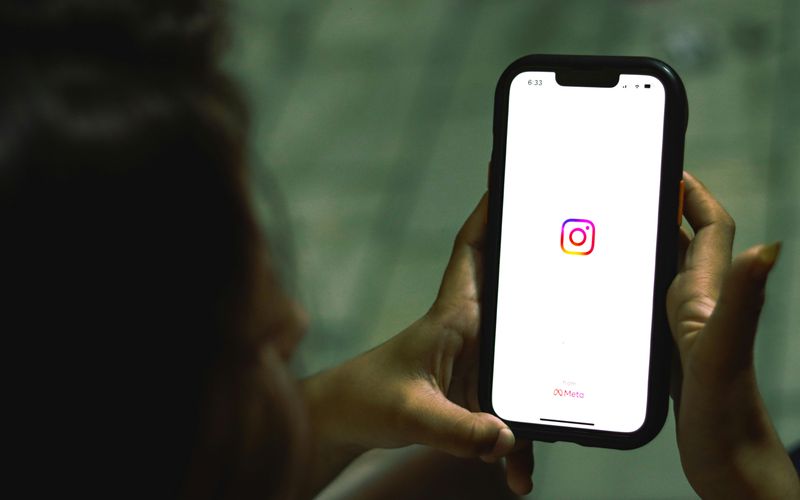Losing something that never officially existed can feel confusing and painful. When a relationship ends before it truly begins, you might feel like your sadness isn’t valid because nothing was ever made official.
But the truth is, your feelings are real and deserve attention, no matter how brief or undefined the connection was. Here are seven helpful ways to process and heal from a relationship that never fully happened.
1. Acknowledge Your Feelings Without Judgment

Your emotions matter, even if others don’t understand them. When a relationship ends before it begins, people might tell you to just move on or that it wasn’t real anyway. But you experienced hope, excitement, and connection, and losing those feelings hurts regardless of labels or timelines.
Allow yourself to feel sad, disappointed, or angry without questioning whether you have the right to those emotions. Grief doesn’t require a long history or official status to be legitimate.
Writing in a journal or talking to a trusted friend can help you process what you’re feeling. Give yourself permission to be upset about what could have been, because acknowledging pain is the first step toward healing.
2. Stop Replaying the What-Ifs

Constantly wondering what might have happened if things went differently keeps you stuck in an endless loop. Your brain naturally tries to make sense of unfinished situations by creating alternate scenarios, but this mental replay prevents you from moving forward. Each time you imagine a different outcome, you’re reopening the wound instead of letting it heal.
When you catch yourself spiraling into what-ifs, redirect your thoughts to something concrete in the present moment. Focus on what actually happened, not the fantasy version you created in your mind.
Reality might feel less exciting than your imagination, but accepting it brings genuine peace. The relationship didn’t work out, and no amount of mental gymnastics will change that fact.
3. Create a Closing Ritual

Sometimes you need to create your own sense of ending when life doesn’t provide one. A closing ritual gives you a tangible way to say goodbye to what never was, helping your brain understand that this chapter is over. This could be writing a letter you never send, deleting old messages, or even having a small personal ceremony.
Choose something meaningful that resonates with you personally. Some people burn old mementos, while others prefer donating items that remind them of the person.
The specific action matters less than the intention behind it. By consciously marking the end, you’re telling yourself that you’re ready to release this person and move toward healing.
4. Talk About It With Someone Who Gets It

Finding the right person to confide in makes all the difference when you’re hurting. Not everyone will understand why you’re grieving something that never officially existed, so choose someone who validates your feelings rather than dismisses them. A good listener won’t tell you to just get over it or minimize your experience.
Sharing your story out loud helps you process it differently than keeping it inside. You might discover new insights or realize patterns you hadn’t noticed before.
If friends or family don’t understand, consider talking to a therapist who specializes in relationships. Professional support can provide tools and perspectives that help you heal faster and more completely.
5. Resist the Urge to Stay Connected

It starts with just one click—then suddenly, you’re deep in their profile, chasing ghosts. Every photo and story pulls you back to what you lost, keeping the wound open a little longer. The comfort of seeing their face fades fast, leaving you with that familiar ache of being outside their world.
Unfollow, mute, or block them if necessary. This isn’t about being mean; it’s about protecting your emotional wellbeing during a vulnerable time.
Creating distance allows you to focus on your own life instead of living vicariously through theirs. Eventually, you’ll reach a point where you don’t feel the need to check anymore.
6. Rediscover Who You Are Outside This Connection

Even brief connections can make you lose sight of your own identity. You might have started changing your habits, interests, or plans to accommodate this person, and now you need to remember who you were before they appeared. Reconnecting with yourself is essential for healing and growth.
Try activities you used to love but stopped doing, or explore new hobbies you’ve been curious about. Spend time with friends who knew you before this situation happened.
The goal is to rebuild your sense of self that exists independently of any romantic interest. When you feel whole on your own, you’ll be ready for healthier connections in the future.
7. Allow Time to Do Its Work

Healing isn’t linear, and there’s no set timeline for when you should feel better. Some days you’ll feel strong and ready to move on, while other days the sadness might hit you unexpectedly. Both experiences are completely normal and part of the grieving process, so be patient with yourself as you navigate these ups and downs.
Avoid rushing yourself or comparing your healing journey to others. Everyone processes loss differently, and what works for someone else might not work for you.
Eventually, the pain will fade into a dull ache, and then into a distant memory. Trust that with each passing day, you’re getting closer to feeling like yourself again.

Comments
Loading…